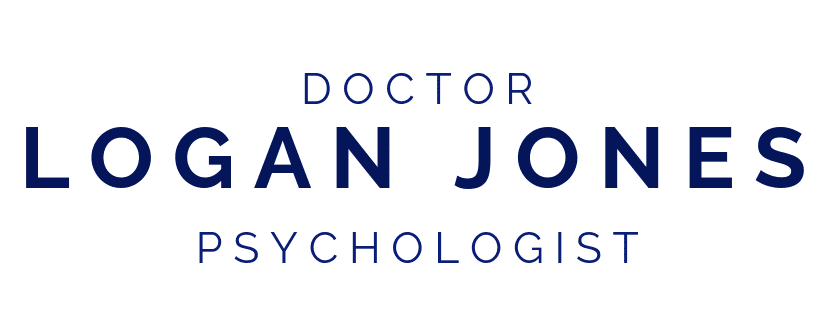THE POWER OF PERSONAL ACCOUNTABILITY – Growth & Liberation
The Power of Personal Accountability: It Is Up to You To Liberate Yourself
In this age of online life coaches, affirmations, and mindfulness, self-awareness and personal development opportunities appear more accessible to us than ever before. However, as many resources as there are available to assist us in our individual processes of healing, it is important to remember that growth is a personal responsibility and requires having a mindset of personal accountability.
In order to make effective use of any therapy and other self-improvement resources, one needs to take personal accountability and be in a receptive mindset that it open to accepting help and embracing healing.
Think about a lifeguard — the duty of a lifeguard is to save those in danger of drowning. The lifeguard learns in training the skills necessary to rescue someone. He also learns that there will be some people he won’t be able to save no matter how hard he tries, like those that are in such intense panic that they work against the lifeguard’s efforts to save their life. Though it is the lifeguard’s job to save those in need, he cannot do so without the other person’s participation. Think of therapists, life coaches, and even loved ones as lifeguards. They can only help you as far as you are willing to allow it.
Any good therapist will respect the free will of their clients. No therapist can help a client grow or change without their permission, and anything done without the consent of the client is a violation of a person’s free will. Liberation is an invitation and is all about personal accountability.

Therapy is a pact between therapist and client to work together for the client’s benefit. Both parties work in tandem to reveal and heal whatever is plaguing the client and tap into the power of personal accountability.
A therapist may assign homework, thoughts to ponder and contemplate, or reflection exercises to do between sessions, but it is up to us to create moments and opportunities for practice to do the work. Any helping professional cannot hover over our shoulder and force you to hold yourself accountable — only you can do that. When we are drowning, the lifeguard may throw us a lifejacket or a floatation device, but it is on us to reach out and grab it. Similarly, when we are overwhelmed by negative emotions brought on by low self-confidence, relationship problems, unresolved childhood traumas, etc., we must grab the lifelines being offered to us by our therapists or coaches. People who are consumed or overwhelmed by their hard circumstances may resist advice, solutions, or suggestions. When we ignore the help being offered, we work against ourselves and drift further out to sea. Sometimes, the best thing we can do is to stop fighting and surrender to the calm guidance of a trained professional.
When you feel overwhelmed, take a moment to breath deeply in and out, focus on the present, and try to see beyond your current circumstances. This too shall pass. In panic mode, we give temporary circumstances power by thinking they are permanent, and when we do so, we attract and invite that negativity to stay even longer. Therapists, life coaches, career coaches, and other helping professionals can help you cut through the panic so that you can maintain perspective and implement life-saving techniques to help you cope with difficult situations as they present themselves. We have a lot more control over our thoughts than we give ourselves credit for, but we sometimes need guidance to help us assess our thoughts and feelings.
BY TAKING PERSONAL ACCOUNTABILITY FOR YOOuR LIFE, YOU DON’T HAVE TO DWELL IN SELF-DOUBT, SELF-CRITICISM, OR LOW SELF-CONFIDENCE. IF YOU NEED A LIFE, PLEASE CALL DR. LOGAN at 646.798.8354 for a free phone consultation.
Dr. Logan Jones is a psychologist in Manhattan. He specializes in providing life-coaching to individuals who struggle with anxiety, depression, low self-confidence, and more. He understands that life happens, and that therapy helps.
Follow Dr. Logan Jones on Instagram for more daily inspiration: @drloganjones

No matter what you’re going through, whether depression, anxiety, or PTSD, there is hope. If you are looking for therapy in NYC his psychotherapy practice is located in central Manhattan near Flatiron, West Village, NoMad Chelsea, or Union Square.


